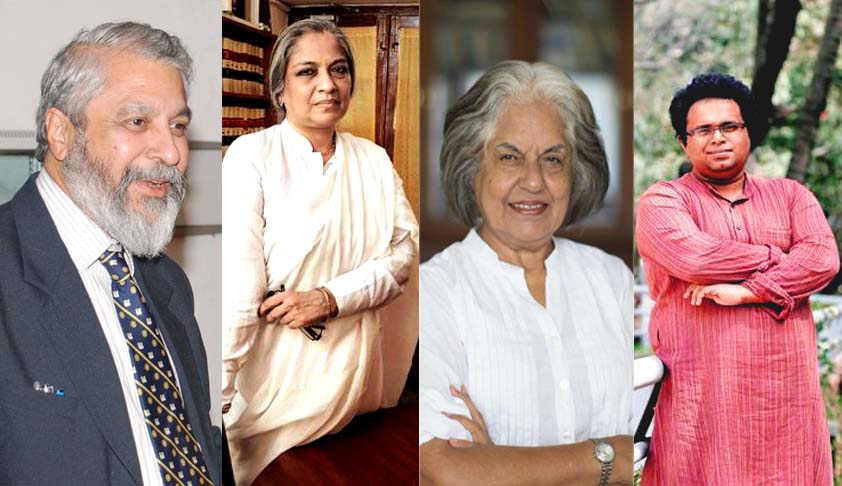"I can't speak on behalf of the entire SC, But left to myself, I would not do it"; Justice Lokur on 'in limine' dismissals of SLPs against HC Confirmation of Death Sentence
LiveLaw Research Team
7 May 2016 7:12 PM IST

Next Story
7 May 2016 7:12 PM IST
